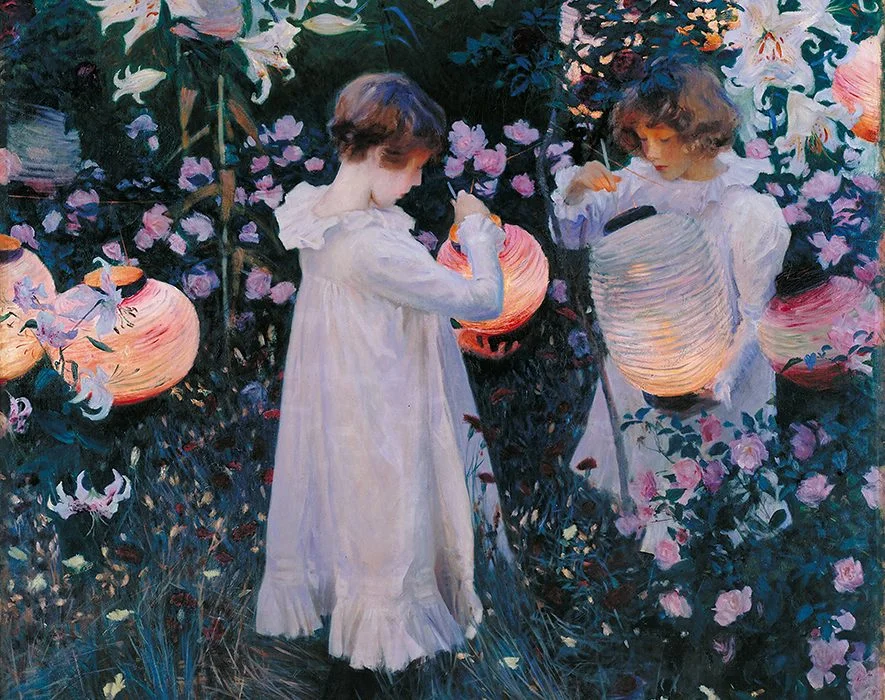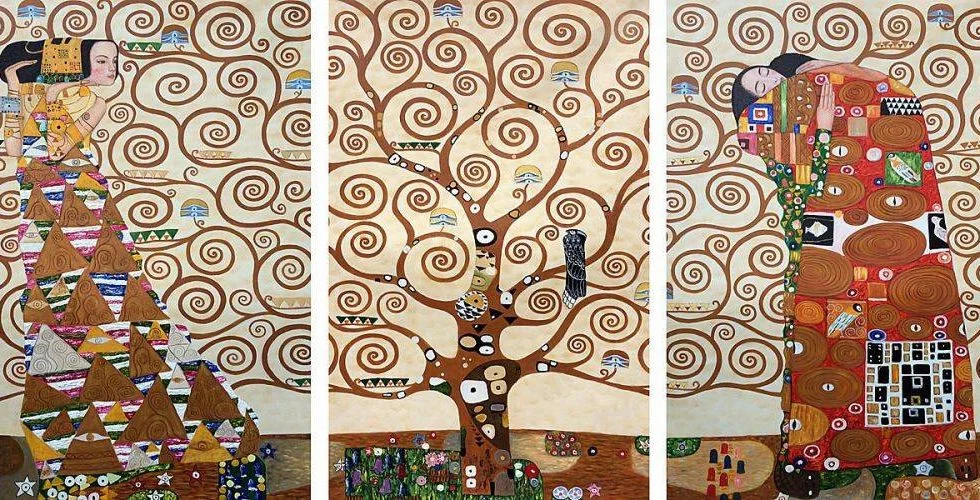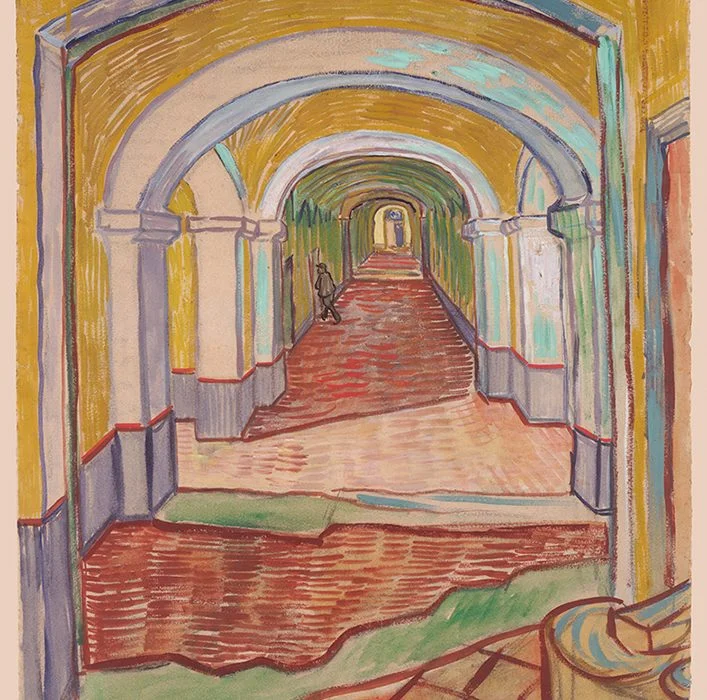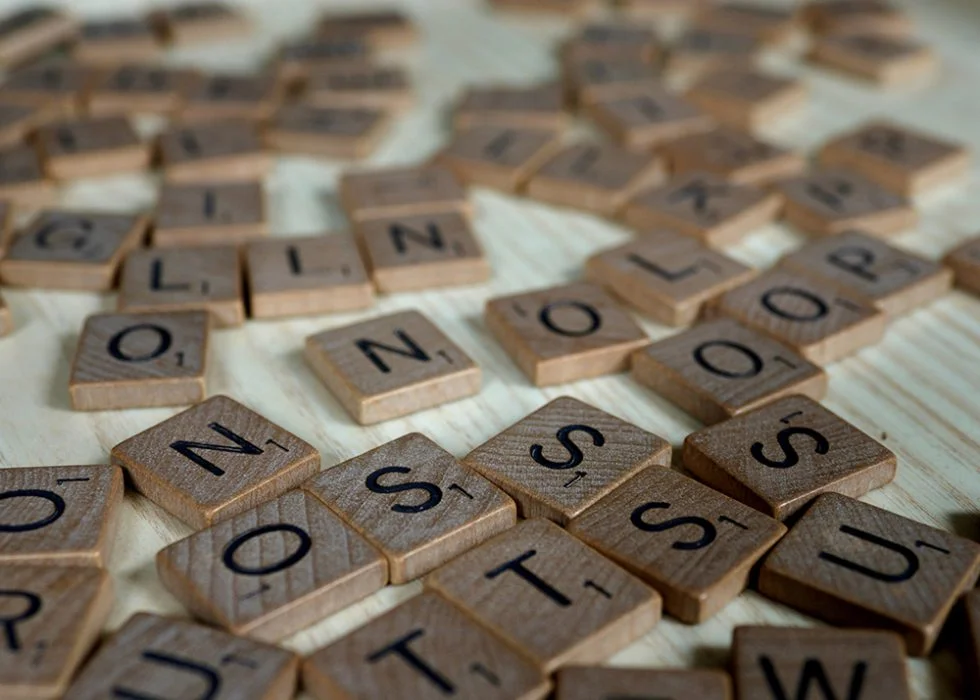Self-Knowledge • Fear & Insecurity
In Praise of Self-Doubt
Being a self-doubting person can, of course, be far from pleasant day to day. Hours are wasted on a range of difficult topics: did I say something silly? Does anyone like me? Am I leading the wrong life? Did I hurt someone’s feelings? Am I an awful person?

It’s time wasted because — for the most part — the truth bends far in the self-doubting person’s favour: they haven’t done anything remotely wrong, they have been extremely polite and kind, no one is mocking them in the least. And yet still the questions and self-recriminations go on.
But for all the pain that self-questioning may generate, the presence of doubt arguably plays a crucial role in the formation of good character. Self-doubt is an extraordinary achievement. For all the problems associated with shyness or meekness, we can honour the immense psychological maturity contained within a capacity for self-doubt.
Self-doubting people know how to be ashamed of themselves — and therefore have so much less to be ashamed of. They are acutely aware of their potential to do harm, and are therefore so much less thoughtless in their treatment of others. They don’t feel they have any automatic right to truth and justice and thereby avoid the dangers of pride and priggishness. It’s precisely their ability to picture themselves as silly, boring, and mistaken that keeps them uncommonly honest, gentle and good.
The chief pity of self-doubt is that the quality was — very often — forged in great hardship: someone early on probably freighted them with many more questions than they deserved: do I have a right to be here? Am I wanted? What is the matter with me? Someone probably gave them far less validation than would have been their due — and thereby gave birth to a proclivity for self-exploration and reflexivity. Someone wasn’t immediately impressed by them, and sent them tunnelling into their psyche in search of what might be amiss. We tend to become self-sceptics not so much through intellectual choice — as through growing up in the vicinity of certain kinds of angry, distant or intimidating people who had no interest in exploring how the world might look through young eyes.

Yet for all this pain, we should rightly celebrate all that self-doubt can offer in terms of insight and kindness. What a large number of things we are fated miss so long as we perpetually need to be in the right. How rigid and uncreative our characters will be if we invariably have to be blameless. What greatness of heart to imagine, quite regularly, that we might have misunderstood a huge number of things. And how loveable we become when we are ready to apologise and to question, to express remorse and regret. We may lament some of the burdens of a self-doubting nature; we should feel constantly grateful for its many tender and clever benefits.


























